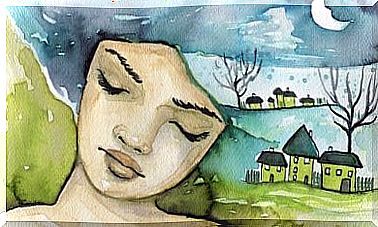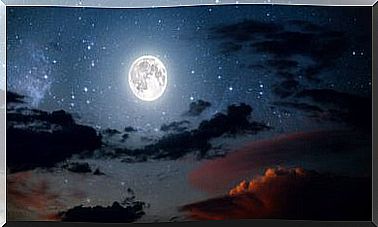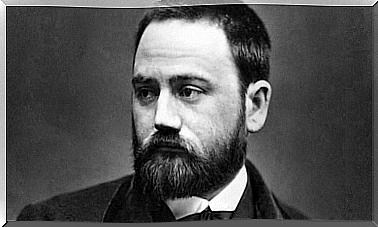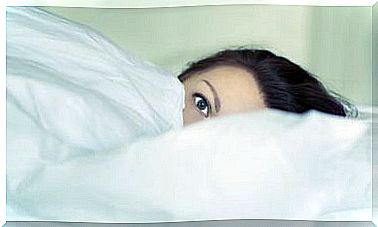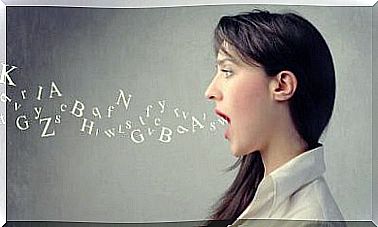The Hidden Philosophy Of The Matrix
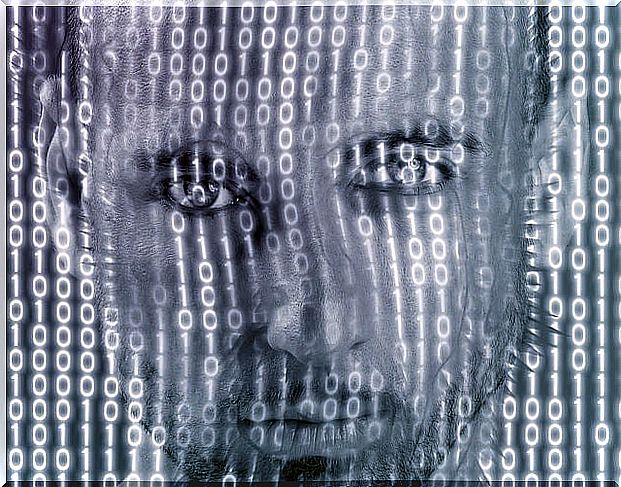
The Matrix trilogy by the Wachowski brothers was a resounding success in theaters, which, in addition to entertaining, raised a series of very interesting philosophical reflections.
The Matrix belongs to the genre of dystopias, which refer to undesirable fictional societies. It is the antonym of utopia. The term dystopia was created by John Stuart Mill in the late 19th century.
The Matrix and the myth of Plato’s cave
The first philosophical nuance that appears in the Matrix is Plato’s cave myth ( The Republic, Book VII). A prisoner tied up at the bottom of a cavern and facing the wall sees shadows of statues on it that are behind him and considers these shadows real objects (imagination).
But if the prisoner frees himself from the restraints and leaves the cavern, he sees the statues that produce the shadows (the belief), he sees the outlines of the things outside the cavern that cannot be distinguished well by the sunlight. and finally, see things clearly, illuminated by the sun and see the sun itself.
With the myth of the cave, Plato explains the existence of two worlds : the sensible world (the one perceived by the senses) and the world of ideas (the true one that can only be reached with reason).
Descartes, dreams, the real and the Evil Genius
In the Matrix there are two worlds : the realm of the Matrix,
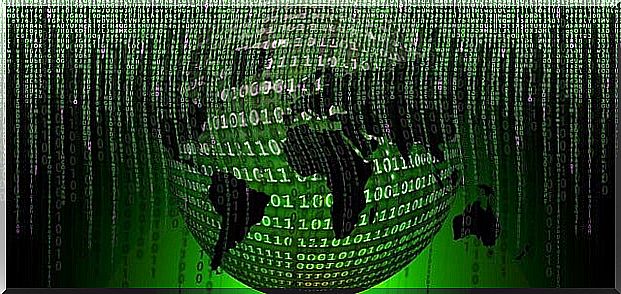
Therefore, the philosophical component of the film is the problem of the real. Descartes analyzed the issue of reality and asked himself: How to know if at this precise moment you are not dreaming?
For Descartes, man is the union of body and mind, but only from the mind can our security come. Man is a thing that thinks. Even asleep, in the dream we have the doubt that we are asleep, so we have a mental experience that allows us to affirm that we exist.
“I think, therefore I am.”
-Rene Descartes-
This is what happens in the Matrix. In the film, humans do not know if what they are experiencing is real or is a dream. The machines have created a simulated reality that is confused with the real one.
The main character, Neo, is tormented with the feeling of whether he is dreaming or what he sees is real and he asks his partner Choi, in one of the first sequences of the film: “Have you ever had the feeling of not knowing with security if you dream or are awake? “
Descartes, once he comes to the conclusion that he has been deceived, thinks that it was not God who carried out the deceit but the Evil Genius. That Evil Genius of Descartes in the Matrix movie are the machines, which have created an evil virtual reality.
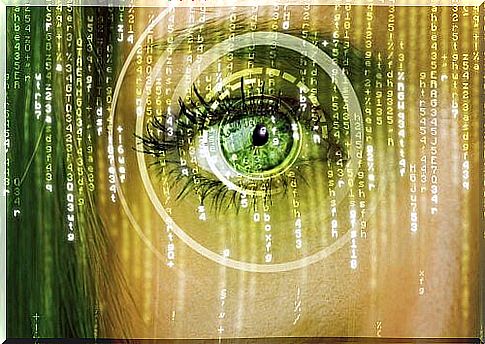
Sartre’s existentialism
Throughout the Matrix trilogy the problem of existentialism arises, since it is affirmed that nothing that we believed existed, really exists; it is a simple hallucination created by machines to make profits from us.
To analyze this philosophical aspect of the Matrix we can turn to Jean Paul Sartre, representative of existentialism.
Sartre’s philosophy refers to human freedom and a non-belief in destiny. The fundamental idea is that of choice. In the Matrix movie, the protagonist Neo has to choose from the beginning: the red or the blue pill. Sartre maintains that “If I don’t choose, I also choose.”
Therefore , through a film, fundamental aspects of life and philosophy are presented to us, which allow us to question many facets of our existence.
